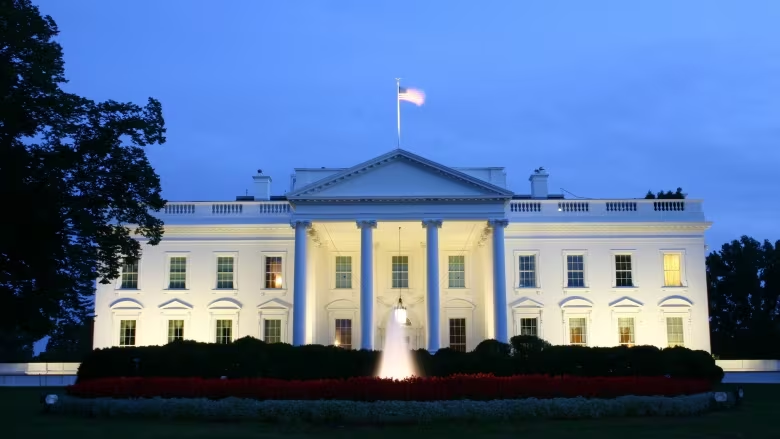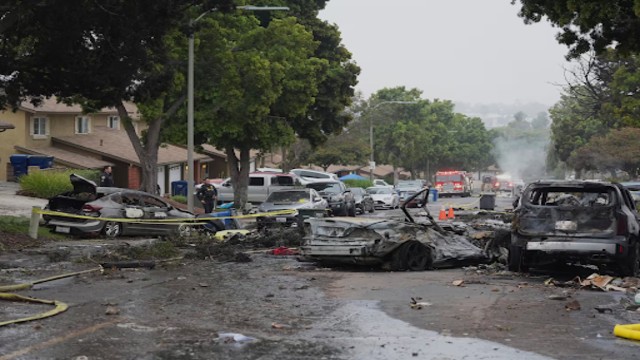
John Kirby, spokesperson for the White House National Security Council, announced on Thursday that American intelligence agencies possess information indicating that Russia has acquired anti-satellite capability. However, Kirby clarified that this weapon is not presently operational. (Image credit: Pete Hoffman/Shutterstock)
In a dramatic turn of events, the White House has confirmed the acquisition of an unsettling anti-satellite weapon by Russia. The revelation, made public on Thursday, sent shockwaves through the international community, igniting concerns about the implications of such technology. John Kirby, spokesperson for the White House National Security Council, disclosed that while the weapon does not pose an immediate threat of physical harm on Earth, its mere existence raises troubling questions.
According to Kirby, U.S. intelligence agencies have gathered information indicating Russia's possession of this capability, although it's not currently operational. The announcement came after a cryptic warning from Ohio Rep. Mike Turner, urging the Biden administration to declassify details regarding what he labelled a grave national security concern.
The White House's cautious approach to releasing information on the matter was disrupted by Turner's statement, prompting Kirby to express frustration over the premature disclosure. Despite Russia's attempts to downplay the significance of the weapon, concerns persist due to its potential to disrupt space-based systems, a violation of international treaties.
The news has prompted swift action from the White House, with plans to engage directly with Russian authorities on the issue. While efforts are underway to assure the public of safety, the seriousness of the situation cannot be overstated. National Security Adviser Jake Sullivan is set to brief lawmakers, underscoring the gravity of the threat posed by Russia's advancements in space weaponry.
This development underscores the ongoing geopolitical tensions and the need for strategic diplomacy in addressing emerging security challenges. As the world watches closely, the White House faces the daunting task of navigating this delicate situation while safeguarding global stability.















